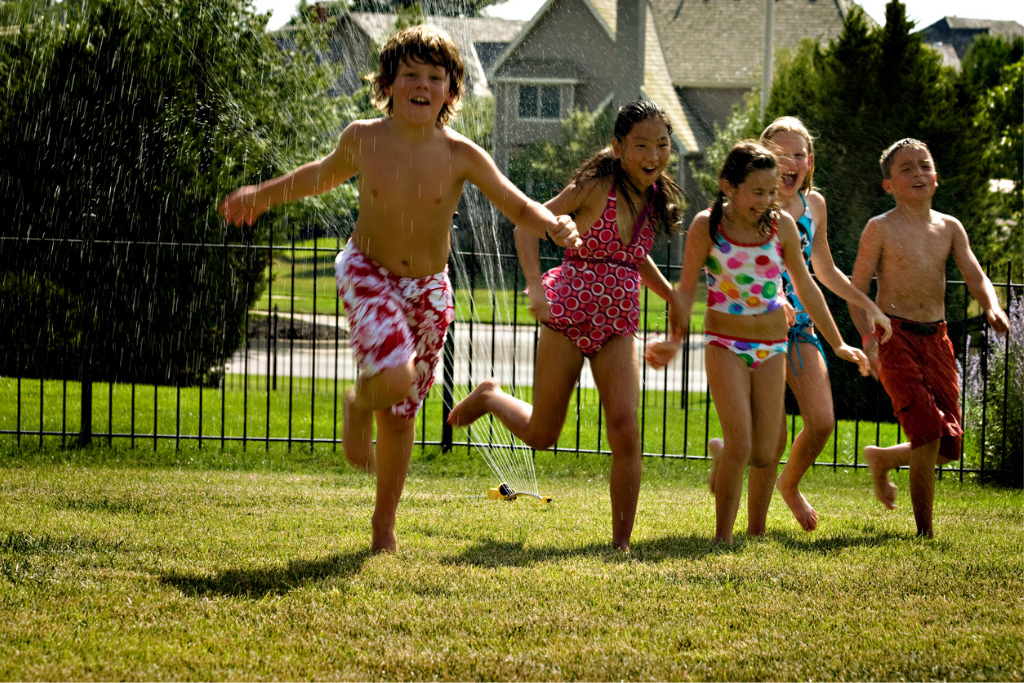This year, the transition into summer break is going to look very different. Children and teens are missing the wind down of the academic year that is marked by notable school events such as field day, end of year parties, prom, and moving up ceremonies or graduations. In the past, these events signaled the ending of one chapter and the beginning of summer break. In my own experience with my first grader, the end of the school year just this week lacked any pomp and circumstance at all. The last day of distance learning was similar in format to that of the previous three months; from a zoom call in the morning to google classroom assignments in the afternoon. To make matters more complicated for parents, camp and summer vacation plans may have been canceled, rendering the weeks ahead with fewer opportunities for external structure and pleasant distraction. Without the natural transitions that the end of the academic year provide, parents might find themselves having a difficult time helping their child switch modes from school to summer. Here are some tips to help keep your child on track so that Summer 2020 can be as rewarding as possible for everyone in the family.
Celebrate milestones and transitions
Our kids and teens are missing out on formal milestones, but that doesn’t mean we can’t celebrate them at home or in small groups. Arrange a prom in your driveway complete with speakers and dressing up. Plan a favorite family dinner and a treat to celebrate the end of the school year. Have an older sibling plan field day complete with obstacle courses and relay races. Kids and teens will appreciate the effort you put into making the end of the year special.
Maintain a schedule and make it visual
You have likely heard this before – many children and teens do best when they have a schedule. As parents, we can help them with some of the basics especially in the preschool and elementary school years. Regular bedtimes, wake up times, and mealtimes can help anchor the day for children of all ages. It is helpful to make a separate schedule for each child and post it in an active hub of the home. In addition to the regular day-to-day activities, encourage your children to write in special events that help mark the week. Seeing things like Taco Tuesday or Friday Movie Night on the family calendar can help kids get excited about the week and denote the passing of time. Bigger events such as birthdays, an Independence Day BBQ, and any vacation time should go on the calendar as well.
Get outdoors
More and more data from the Center of Disease Control (CDC) points to a lower likelihood of CoVid-19 transmission outdoors. We must continue to follow best practices and maintain social distance, but we can offer our children the opportunity to get outside and play. Bike riding, running through the sprinkler, and water balloon tosses are a few ideas. Research shows that physical exercise for both kids and teens also contributes to better physical and mental wellness.
Take a vacation
Parents who are working from home and on the front lines during this pandemic are likely overwhelmed and stressed. With formal vacation and travel plans cancelled, it may feel necessary to work throughout the summer. However, it is more important than ever to take vacation time and disconnect from work. If possible, plan a week of vacation time at home or a few long weekends. Make an effort to put those days on the family calendar and let your children know this will be time off for the entire family. Get creative in your day trips or work on home improvement projects and be sure to include your kids in the excitement of the days off.
When to seek help
The effort you put into recognizing milestones, creating and updating schedules, and spending time outdoors and away from work will provide a smoother transition throughout the summer. Even with these suggestions in place, it is normal for adults, teens, and children to experience some stress as seasons change and transitions occur. However, some parents or children might experience this distress more than others. If you or your child are markedly irritable, losing sleep, eating too much or too little, these are signs that you might benefit from support. Helping families manage their stress, increase coping, and improve communication during times of transition are things that therapists commonly work on and may only require a few focused sessions to sail through summer successfully.

